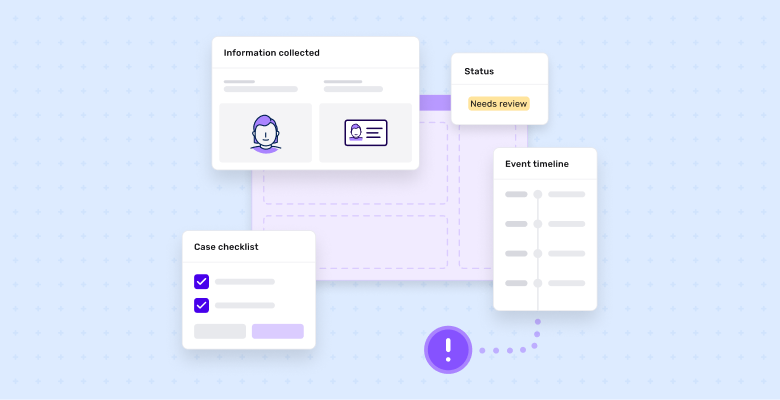Importance of verifying your website for security and trust

Every business and organization needs a secure and trustworthy website today. Your website is often the first impression and main touchpoint for your customers and stakeholders. Ensuring it is verified, secure, and trustworthy is essential for protecting your brand, reputation, and data. This article will examine the importance of verifying your website across key areas – security, identity, and reputation. A verified website signals to users that you care about their safety and comfort using your site. It also boosts search engine rankings by showing search engines that your site is credible and legitimate.
Security verification
The most critical reason to verify your website is for security purposes. An unverified site is vulnerable to cyber threats including malware, phishing attempts, and hacking. Verifying your domain and enabling HTTPS encryption prevents criminals from impersonating your brand or accessing user data. HTTPS-enabled websites use SSL certificates to create a secure, encrypted connection. This encrypts all data transferred between a user’s browser and your website servers. Visitors easily verify HTTPS by looking for a padlock icon in the URL bar. Data entered on HTTPS sites, like passwords and payment info, cannot be accessed or modified during transfer. This protects users from man-in-the-middle attacks. TLS and SSL certificates also confirm your domain identity, preventing spoofing. Overall, HTTPS encryption is a must for securing sensitive user data and transactions.
Beyond HTTPS, you 먹튀검증 security by scanning for vulnerabilities, enabling two-factor authentication, and having a site security policy. Conduct regular scans to check for outdated software, misconfigurations, malware, and other exposures. Use tools like VirusTotal or Sucuri SiteCheck which cross reference across leading engines like Norton, Kaspersky, and BitDefender. Enable 2FA for admin accounts to prevent unauthorized access. Have a security policy that shares how you handle data, scans, and access authorization. These verify that security is taken seriously. For e-commerce sites accepting payments, PCI compliance verifies security meets industry standards. Prominently display trust badges like McAfee SECURE, Norton, and TRUSTe to assure visitors their data is safe. Updating plugins/themes, limiting user permissions, sanitizing inputs, and monitoring traffic for anomalies are also best practices. Apply website security basics, get verified by leading services, and advertise your standards prominently to gain user trust.
Identity verification
Establishing credibility and legitimacy also requires confirming your website’s identity. Visitors want confirmation they are on an authentic website and not an impersonator. Identity verification builds user trust and is also required by search engines including Google and Bing.
Services like GoDaddy provide domain ownership verification by depositing a unique token on the server which you retrieve and confirm. This links the domain to your account. Next, verify your identity with a site authentication service. Google Tag Manager offers site Verification which checks that your site URL matches your verified Google Search Console account. Bing also provides Webmaster Verification. These confirm you own the site and are authorized to edit webmaster settings. For reassuring visitors, trust badges and seals like Norton Secured, McAfee SECURE, BBB, and TrustArc prominently confirm your identity. These display your verified identity, certify your business is real, and show compliance. For e-commerce or financial sites, an Extended Validation (EV) SSL goes further by verifying your legal entity. It turns the URL bar green to display your business name, location, and ID number. This strictly validates identity so users know they are on your real site.



